I was never a fan of lamb. But, different geography means embracing different cuisines, so I’ve gotten reasonably good at preparing lamb in Australia.
This puts me in good with faux Frenchy Amy, who loves lamb. So after the floods, power outages and cyclone remnants, there were some 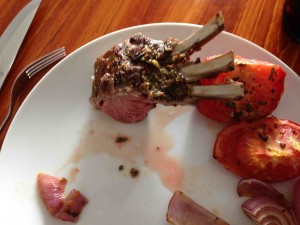 bargains to be had at the shops. I got a rack roast of lamb, and will be preparing a duck for Super Bowl lunch on Monday (do the time math).
bargains to be had at the shops. I got a rack roast of lamb, and will be preparing a duck for Super Bowl lunch on Monday (do the time math).
The lamb we had tonight was marinated in a slop of lime, garlic, olive oil, pepper, and fresh mint and rosemary from my concrete back yard, roasted with tomatoes, squash and onion to a thermometer-verified temperature of 155F that rose to 160F (Amy doesn’t like it too undercooked).
I think it was lamb.
The New South Wales Food Authority reports today that following a lengthy and contested hearing, Tolsat Pty Ltd was convicted and fined $66,000 on December 19, 2012, in the NSW Chief Industrial Magistrates Court for large scale lamb substitution.
NSW Food Authority CEO, Polly Bennett welcomed the outcome of the court case for the message it sends about lamb substitution.
“Consumers rightly expect meat labels to be correct and not a substituted product,” Ms Bennett said.
“Tolsat was prosecuted for lamb substitution offences and non-compliance with the law over a period between early October 2007 and mid-January 2008. Meat substitution laws are in place in NSW for a reason; flouting them also puts other businesses at a disadvantage for doing the right thing.
“Lamb is a premium commodity and one of the most recognized brands in Australia. Consumers have a right to get what they pay for. That is why there are laws in place to distinguish young lamb meat, which is more expensive, from older hogget or mutton”
Ms Bennett said the Tolsat investigation stemmed from a state-wide audit of lamb identification procedures in 2008 in conjunction with complaints from industry and a Federal Senate inquiry into meat marketing at that time.
“During an audit of Tolsat’s operations, a NSW Food Authority inspector specifically looked at the branding of carcasses. The officer noticed problems with the dentition checks the abattoir was conducting when it classified carcasses as lamb. This prompted further investigation by the Authority.”

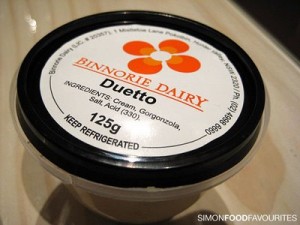
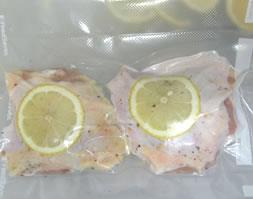
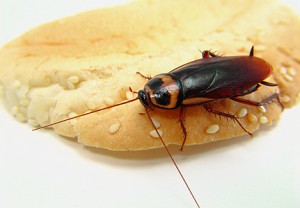
.gif) comply with food safety regulations. The public has the right to know who the offenders are, especially when the majority of restaurants and retailers do meet the high food standards required in this state."
comply with food safety regulations. The public has the right to know who the offenders are, especially when the majority of restaurants and retailers do meet the high food standards required in this state.".jpg) egg shell entering the egg. This research is being led by Associate Professor Julie Roberts at the University of New England in Armidale. ??By investigating the incidence (and significance) of minor defects in the ultrastructure of the egg shell, such as translucency, the project aims to quantify the ease with which bacteria causing food-borne illness are able to penetrate the egg shell. This involves a number of research approaches; traditional measures of egg quality, cuticle staining, shell ultrastructure assessment and microbial studies.
egg shell entering the egg. This research is being led by Associate Professor Julie Roberts at the University of New England in Armidale. ??By investigating the incidence (and significance) of minor defects in the ultrastructure of the egg shell, such as translucency, the project aims to quantify the ease with which bacteria causing food-borne illness are able to penetrate the egg shell. This involves a number of research approaches; traditional measures of egg quality, cuticle staining, shell ultrastructure assessment and microbial studies..jpg) steak and therefore greater risk of bacterial contamination.
steak and therefore greater risk of bacterial contamination.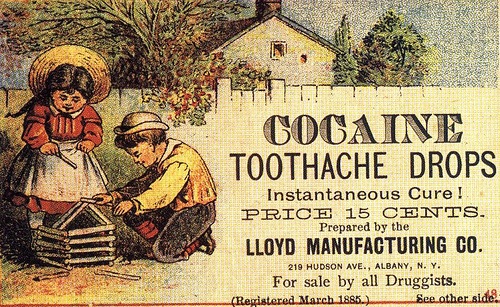 diligent in its investigation and enforcement to ensure food products are safe and that consumers are protected.”
diligent in its investigation and enforcement to ensure food products are safe and that consumers are protected.” This Christmas will be my first away from snowy Canada and the family. Although I’ll miss the Filion family funtivities, I will not miss the cold. Rather I’m quite looking forward to seeing kangaroos for the first time, and attempting to surf in sunny Sydney.
This Christmas will be my first away from snowy Canada and the family. Although I’ll miss the Filion family funtivities, I will not miss the cold. Rather I’m quite looking forward to seeing kangaroos for the first time, and attempting to surf in sunny Sydney.